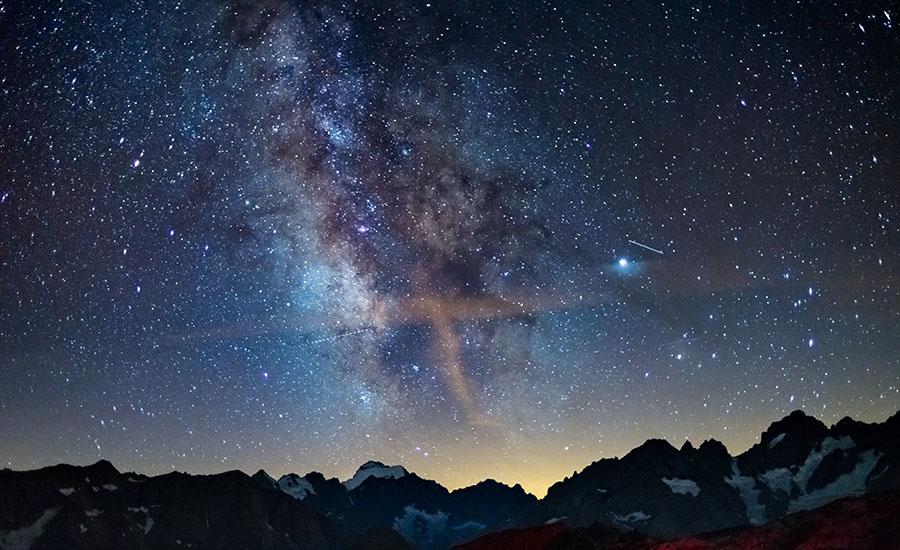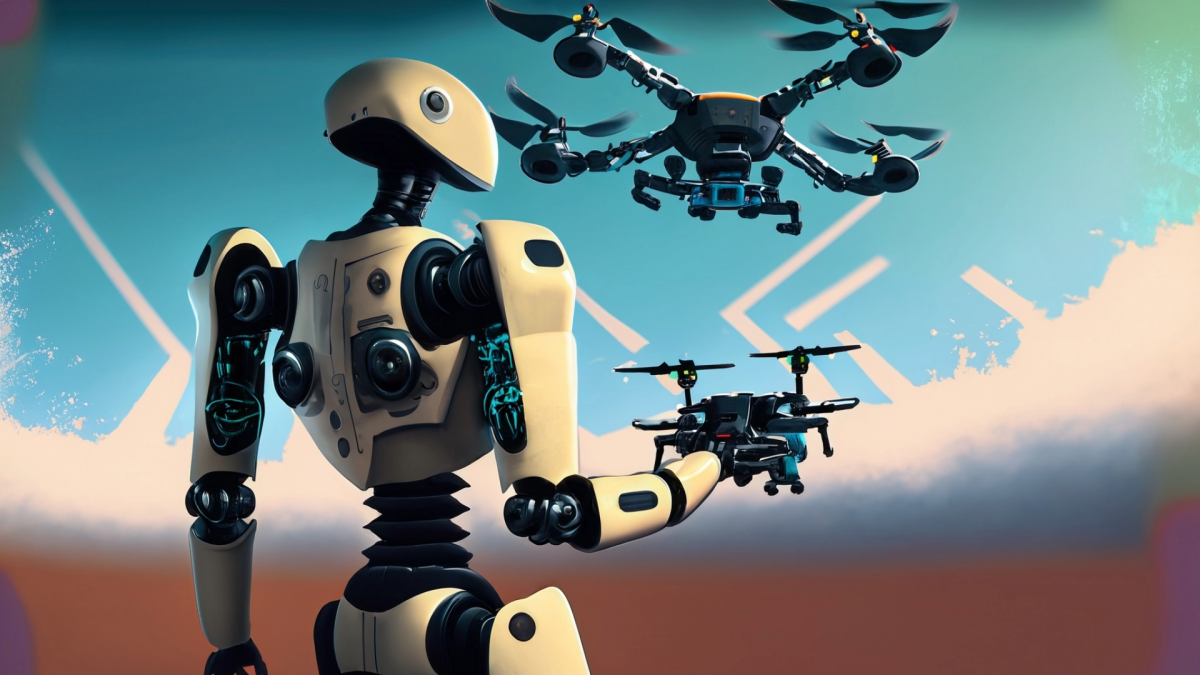
Space Farming
by Shauna Hamman
In this lesson, students will be learning about the challenges of farming in space for future settlements. Specifically they will focus on the difficulty of testing whether plants will grow in soil that doesn't exist on Earth.
They will participate in a design challenge where they design a seed starting tray with the smallest possible amount of soil (to mimic the real-life challenge of experimenting with growing plants in the extremely limited amount of lunar soil that was brought back from the Apollo missions).
The lesson lists a variety of suggested materials for the lesson. It is anticipated that the lesson and design challenge would take 2 days, plus about 10 days to record observations and results.
Lesson Grade Level
6th GradeLesson Plan Link/URL
https://docs.google.com/presentation/d/1EzNT1PpY4HJEjS1SG52eQbD6QHzdI06ZHtO7C-B…Subject Area
Science Earth and Space Science E2: Earth & the Universe Life Science L2: Organisms & Energy Technology 4. Innovative Designer Engineering S2: Apply the Engineering Design Process Mathematics Measurement and Data (MD) Ratio and Proportion (RP) Statistics and Probability (SP)
Featured
Off
Related Content

Featured
Best Class Plant
Grades:
1st Grade, 2nd Grade, 3rd Grade
This lesson is centered around the book, The World's Best Class Plant. It is intended for 1st-3rd grade. Ideally, teachers would use this lesson at the beginning of the year so they can have their

Grades:
Kindergarten, 1st Grade, 2nd Grade, 3rd Grade, 4th Grade, 5th Grade, 6th Grade, 7th Grade, 8th Grade
Most students are likely familiar with popular films like Happy Feet, Surf’s Up, Penguins of Madagascar, and classic books like Mr. Popper's Penguins. Capitalizing on this familiarity with penguins

Grades:
6th Grade, 7th Grade, 8th Grade, 9th Grade, 10th Grade, 11th Grade, 12th Grade
This lesson is designed to encourage students to explore their interests and pursue their passions while diving into the world of STEM. This lesson takes place in a classroom for one semester. 1 hour